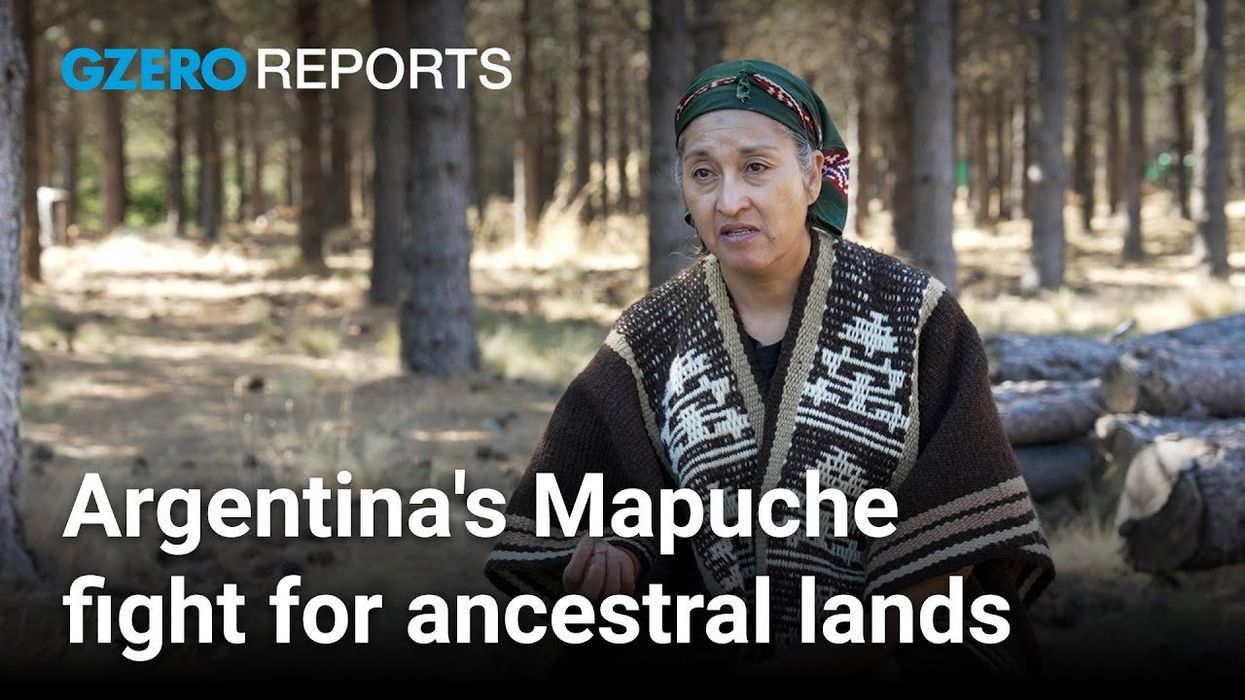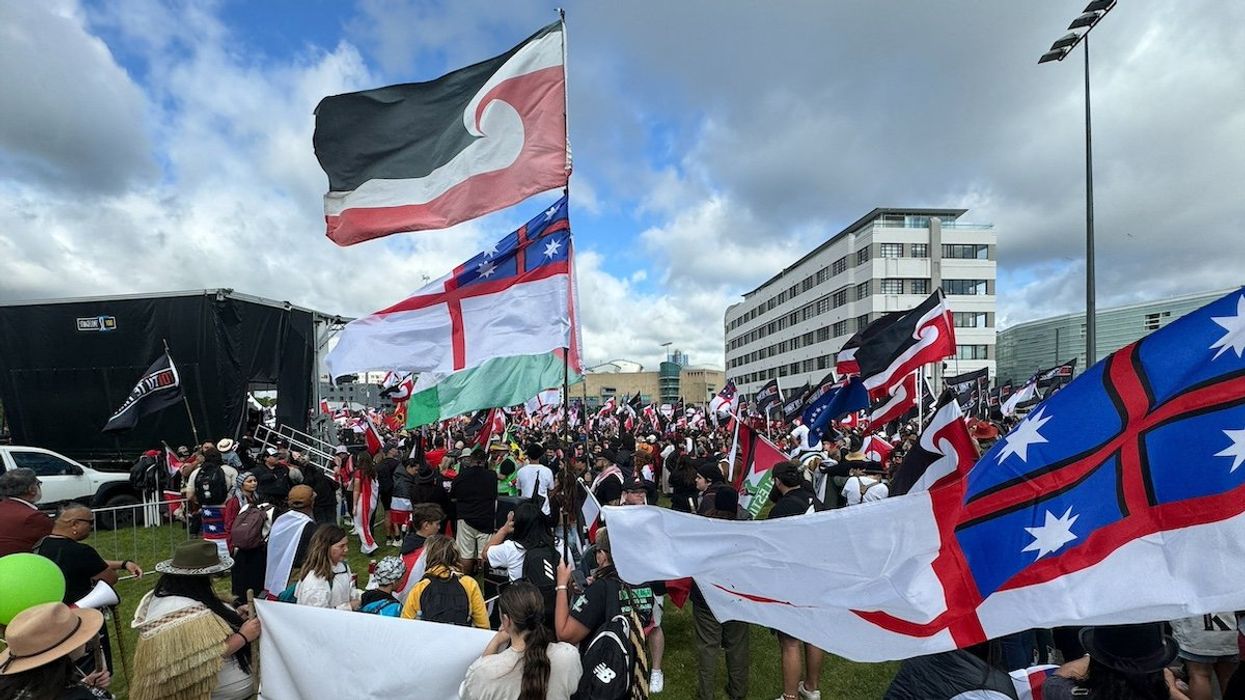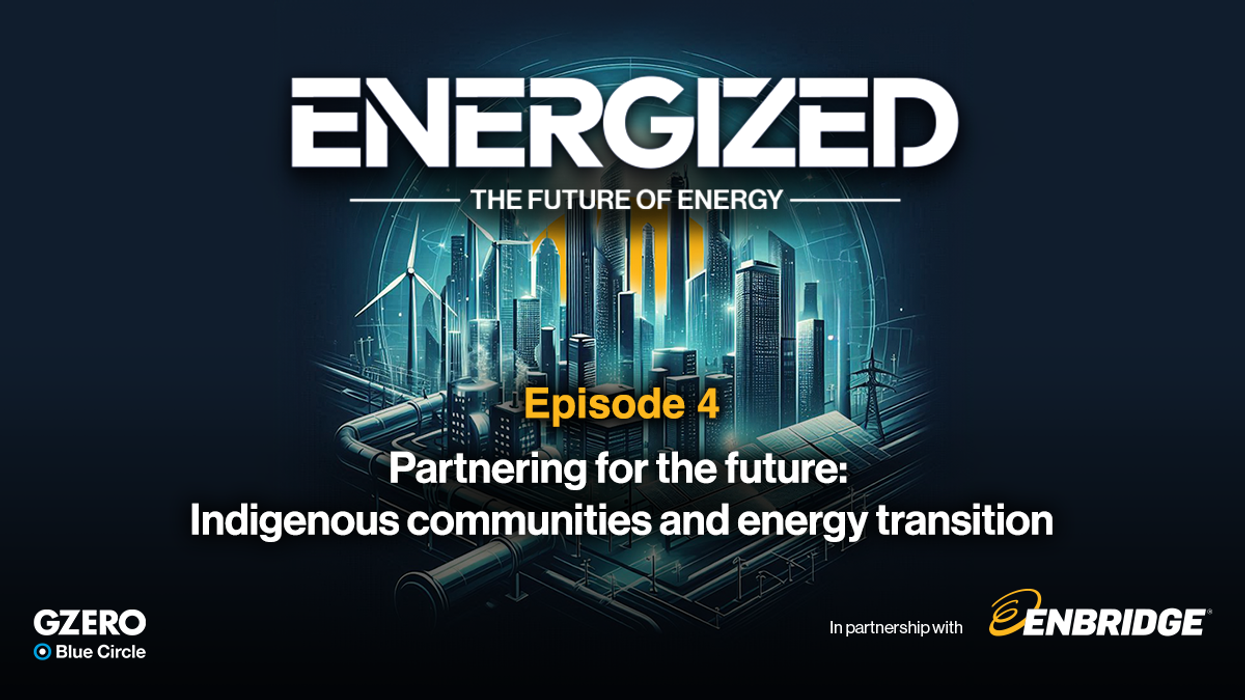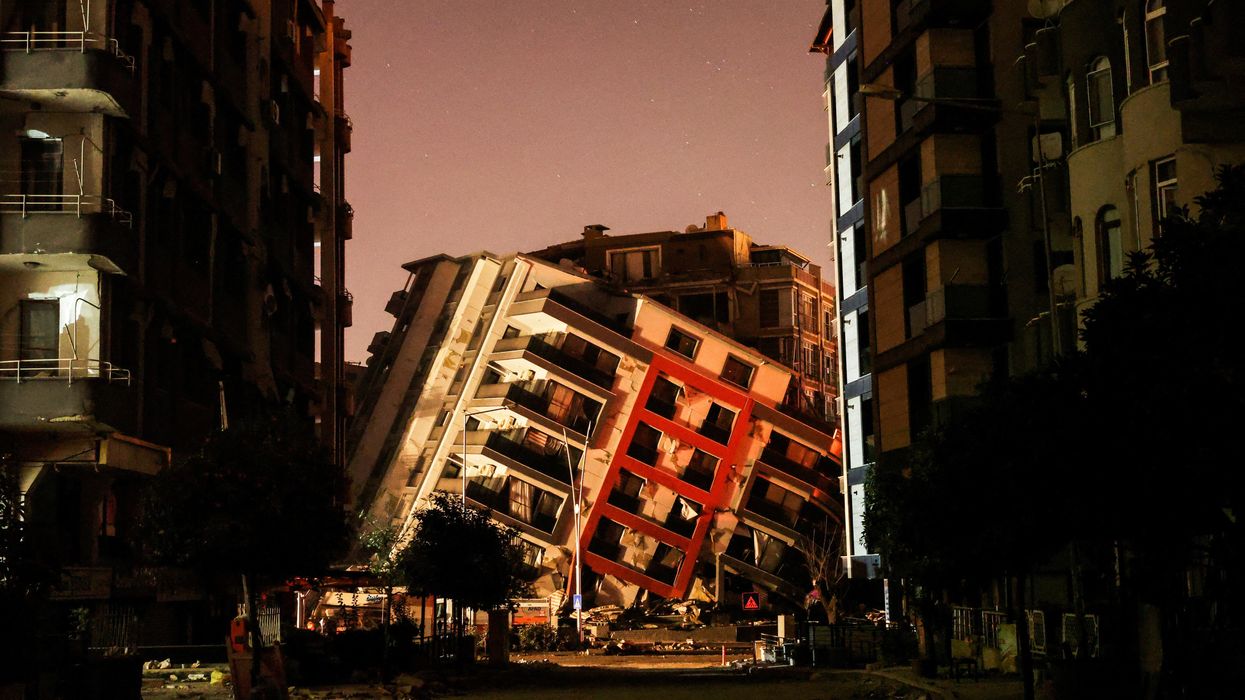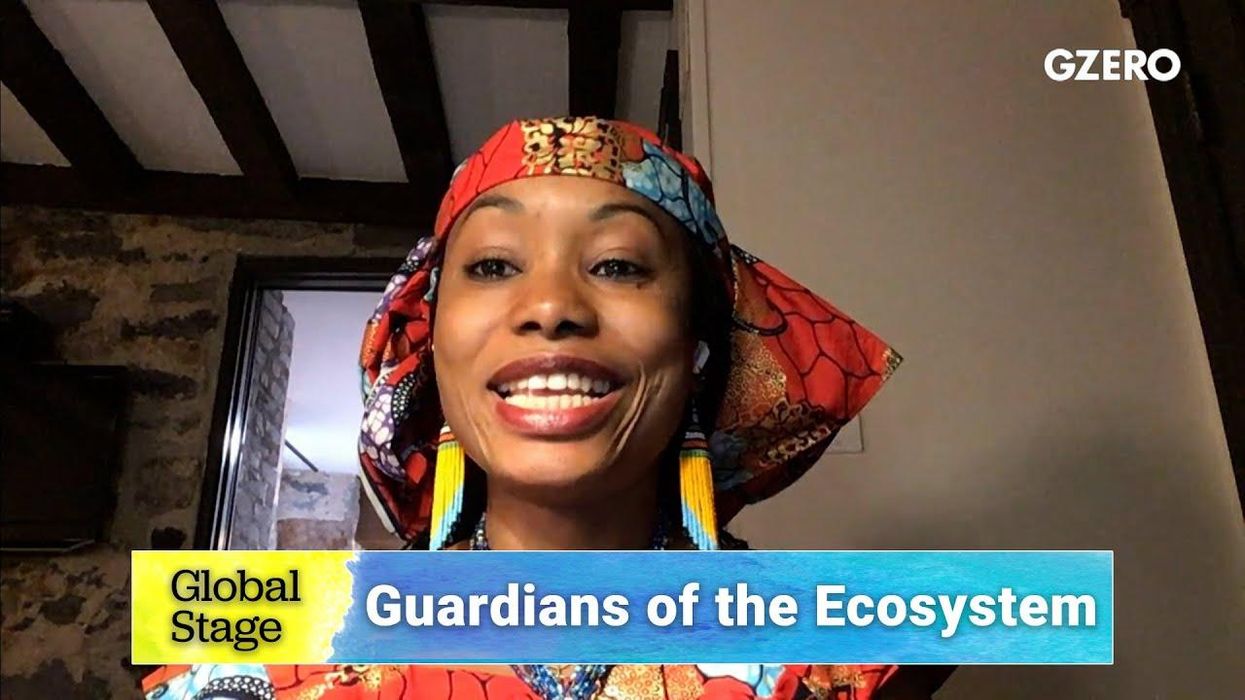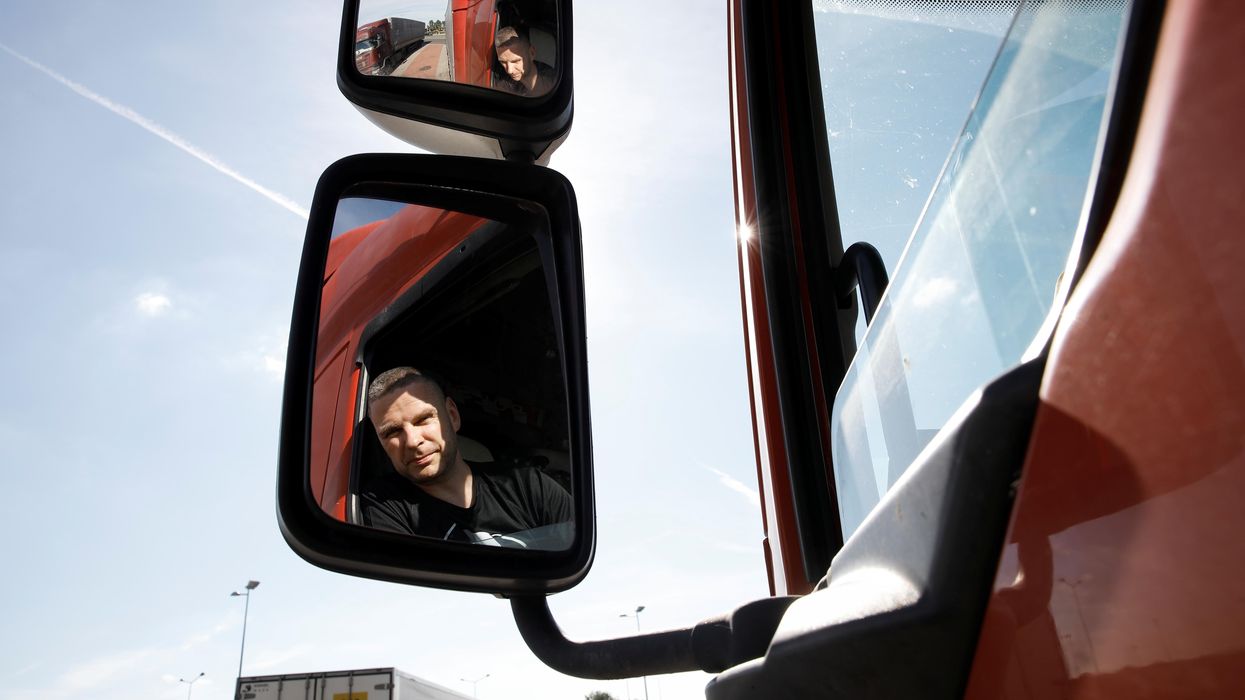GZERO Reports
In Milei's Argentina, a fight for indigenous land
In Argentina’s Patagonia, Indigenous Mapuche communities say they are facing increasing persecution under President Javier Milei, the Libertarian leader whose promises of economic reform are intensifying long-standing conflicts over land rights and environmental protection.
Aug 27, 2025
